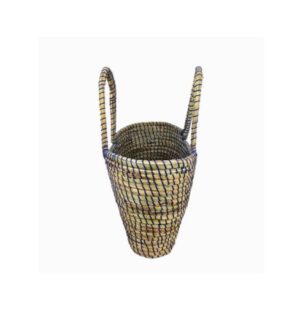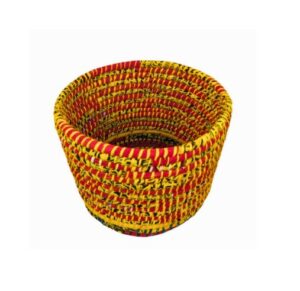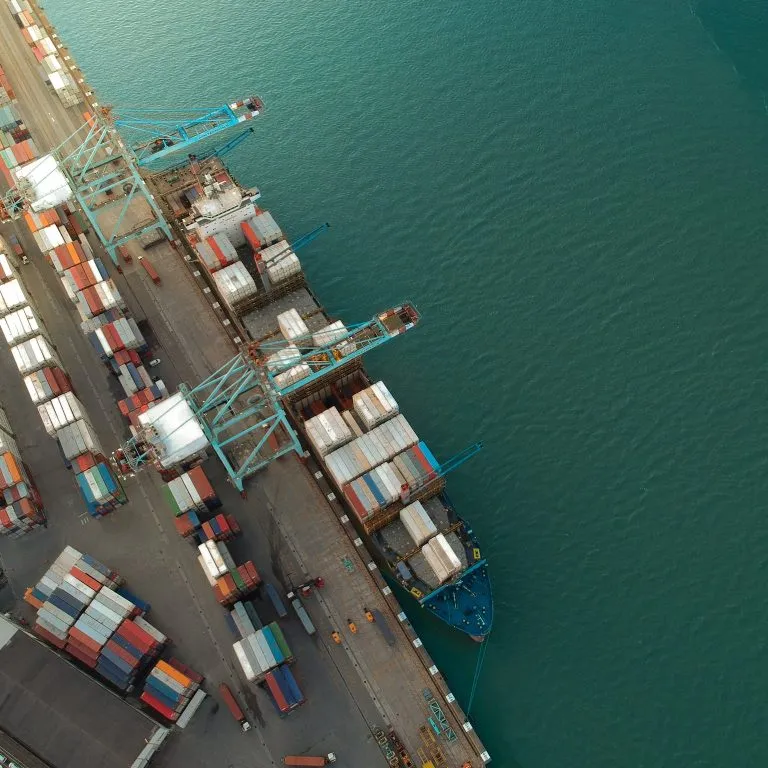
When you pick up a chocolate bar, a bag of coffee, or even a bouquet of roses, do you ever stop to think about the people behind them? Fair trade exists to answer that question—and more importantly, to create a better system for both producers and consumers. At its core, fair trade is about equity, ethics, and sustainability in global trade. It ensures that farmers, artisans, and workers—often in developing countries—receive fair wages, safe working conditions, and long-term opportunities.
But why is fair trade important in today’s globalized economy? The answer lies in the fact that millions of workers still face exploitative wages, unsafe labor conditions, and economic insecurity. By choosing fair trade products, consumers are not just making a purchase; they’re casting a vote for social justice, environmental care, and ethical business practices.
According to Fairtrade International, over 1.9 million farmers and workers across 70+ countries benefit from fair trade programs. That’s not just a statistic—it’s a lifeline for communities that might otherwise struggle under the weight of unfair global market practices.
In this article, we will explore in depth why fair trade is important, breaking down its economic, social, and environmental significance while also looking at case studies and real-world impact.
Table of Contents
- The Ethical Foundation of Fair Trade
- The Economic Benefits of Fair Trade
- Fair Trade Products from BaSE Bangladesh
- Mahin Basket (Faka Design)
- BaSE-17006a Sari and Kaisa Round Basket
- BaSE-25013 Sari Faka Lota Basket
- BaSE-11019b Sari Faka Round Basket
- Tray Small (faka design)
- BaSE-17016abc Sari & Kaisa Bowl Set 3
- BaSE-17013 Sari Magazine Basket
- BaSE-17015 Sari Oval Tray
- Social Impact of Fair Trade
- Environmental Importance of Fair Trade
- Why Fair Trade Matters for Consumers
- Conclusion: Why is Fair Trade Important?
The Ethical Foundation of Fair Trade
At the heart of fair trade is an ethical question: Should profit come at the expense of human dignity? Historically, global trade has often answered “yes,” with countless producers being underpaid for their labor. Fair trade flips that script, saying workers deserve not just compensation, but respect and empowerment.
Key Ethical Principles of Fair Trade:
- Fair wages: Producers are paid fairly for their products, not subject to volatile and exploitative price swings.
- Safe working conditions: Workers avoid exposure to dangerous chemicals or unsafe equipment.
- No child or forced labor: Ethical production standards ensure dignity and freedom for all workers.
- Community development: A portion of profits often goes back into schools, healthcare, and infrastructure.
Consider the cocoa industry. Many cocoa farmers in West Africa earn less than $1 a day, while chocolate corporations generate billions in annual revenue. Fair trade organizations address this disparity by setting a minimum price and providing Fairtrade Premiums—extra funds invested into community needs like clean water and education.
Case Study – Fairtrade Cocoa in Côte d’Ivoire:
In Côte d’Ivoire, a cooperative of cocoa farmers partnered with Fairtrade International. The premium earned funded schools and health clinics, significantly reducing child labor rates in the region. This highlights why fair trade is more than just a label—it’s a pathway to systemic change.
The Economic Benefits of Fair Trade
One of the most practical reasons why fair trade is important is its economic empowerment for producers. Fair trade creates a system where small-scale farmers and artisans can compete fairly in global markets without being crushed by middlemen or exploitative buyers.
How Fair Trade Supports Economies:
- Guaranteed Minimum Price – Farmers are protected from extreme price fluctuations in global markets.
- Fairtrade Premiums – Communities decide how to use extra income (schools, healthcare, infrastructure).
- Direct Trade Relationships – Eliminates unnecessary intermediaries, boosting profits for producers.
- Market Access – Opens opportunities for small-scale producers to enter international markets.
Quick Fact Table – Coffee Example
| Category | Conventional Coffee | Fair Trade Coffee |
|---|---|---|
| Price Stability | Highly volatile | Minimum guaranteed price |
| Profit Distribution | Middlemen take large share | Farmers earn higher share |
| Community Investment | Rare | Funded through premiums |
Case Study – Coffee Farmers in Latin America:
In Peru, coffee cooperatives under Fairtrade have seen a 20–30% increase in income compared to non-fair-trade farmers. Beyond financial gains, communities invested in sustainable farming equipment, reducing reliance on chemical fertilizers and boosting long-term productivity.
Fair trade doesn’t just benefit producers; it strengthens global economies by creating reliable supply chains and reducing poverty cycles that often fuel instability.
Fair Trade Products from BaSE Bangladesh
Social Impact of Fair Trade
Beyond economics, fair trade strengthens communities and promotes social justice.
Social Advantages of Fair Trade:
- Empowers women – Many fair trade cooperatives prioritize female leadership.
- Improves education – Premiums often fund schools and scholarships.
- Strengthens communities – Shared resources improve healthcare and housing.
- Promotes democracy – Farmers and workers participate in cooperative decision-making.
Case Study – Women in Fair Trade Shea Butter Production:
In Ghana, women producing shea butter under fair trade programs not only earn higher incomes but also receive literacy training and healthcare support. These women have transitioned from economic vulnerability to becoming leaders within their communities.
By ensuring equity, dignity, and opportunity, fair trade contributes to breaking cycles of poverty and inequality.
Environmental Importance of Fair Trade
Why is fair trade important for the planet? Because it ties economic justice to environmental responsibility.
Fair trade standards promote sustainable farming and production methods that help fight climate change and protect ecosystems.
Environmental Practices in Fair Trade:
- Reduced pesticide use – Encourages organic and eco-friendly farming.
- Soil and water protection – Training farmers in conservation techniques.
- Carbon footprint reduction – Supporting local and renewable energy initiatives.
- Climate resilience – Farmers adapt crops to withstand changing weather.
Fact: According to Fairtrade Foundation, 80% of Fairtrade farmers are already facing the impacts of climate change, and fair trade programs directly support them with adaptation training.
By linking sustainability and trade, fair trade ensures that consumer choices contribute to a healthier planet.
Why Fair Trade Matters for Consumers
Consumers are not passive participants in global trade. Every purchase is a vote for a certain kind of world.
Why Shoppers Choose Fair Trade Products:
- Assurance of ethical sourcing.
- Products often higher quality due to sustainable farming.
- A sense of contributing to global justice.
- Transparency in labeling and standards.
Humorously put: buying fair trade coffee won’t make you a superhero, but it might make your morning brew taste a little better knowing the farmer can send their child to school.
Case Study – Fairtrade Bananas in the UK:
In the UK, supermarkets that adopted fair trade bananas saw sales rise sharply. Shoppers expressed loyalty not just to the brand but to the values behind it. Today, 1 in 3 bananas sold in the UK is Fairtrade certified.
Conclusion: Why is Fair Trade Important?
So, why is fair trade important? Because it ensures that global trade isn’t just profitable, but also ethical, sustainable, and fair. It addresses economic inequality, empowers communities, protects the environment, and allows consumers to play a role in positive global change.
The next time you shop for coffee, chocolate, or cotton, look for the Fairtrade mark. Behind that small logo lies a big promise: a fairer world for both producers and consumers.






















